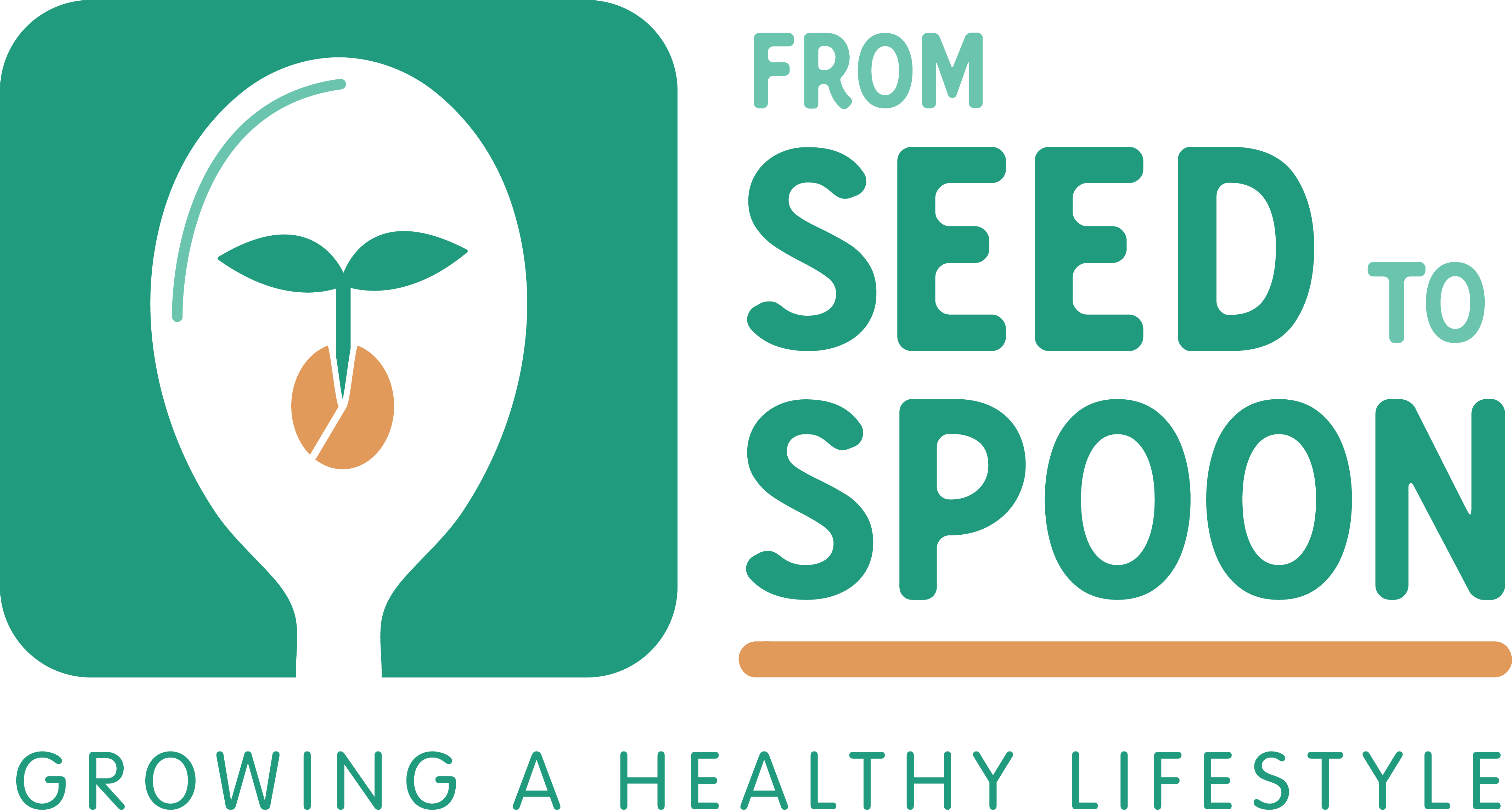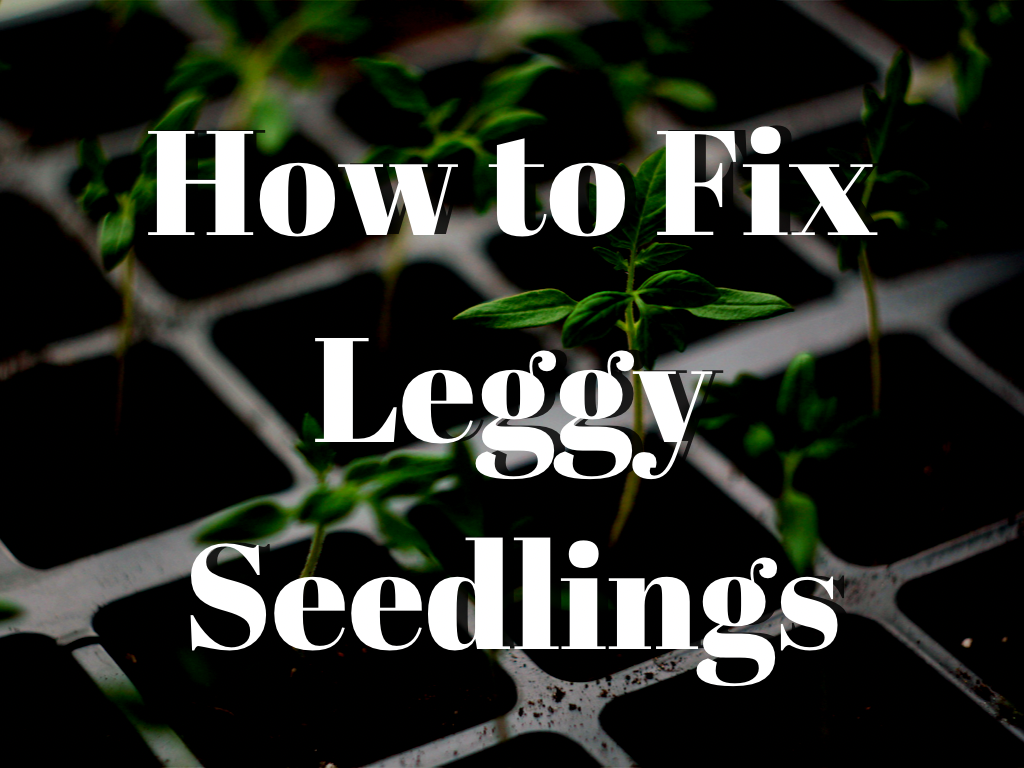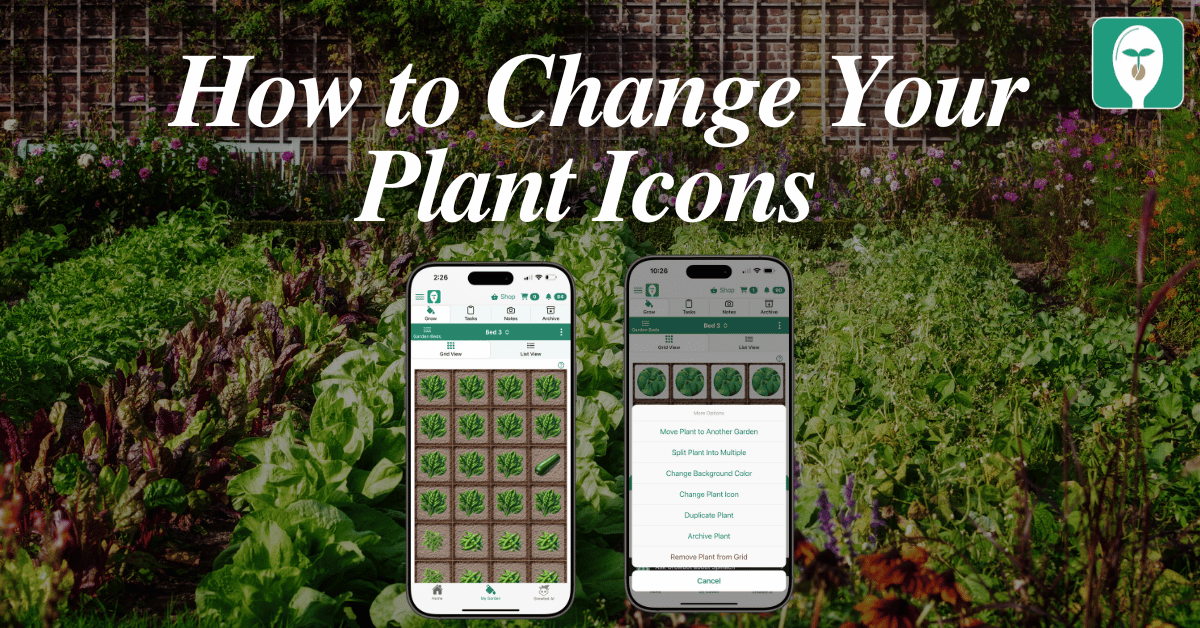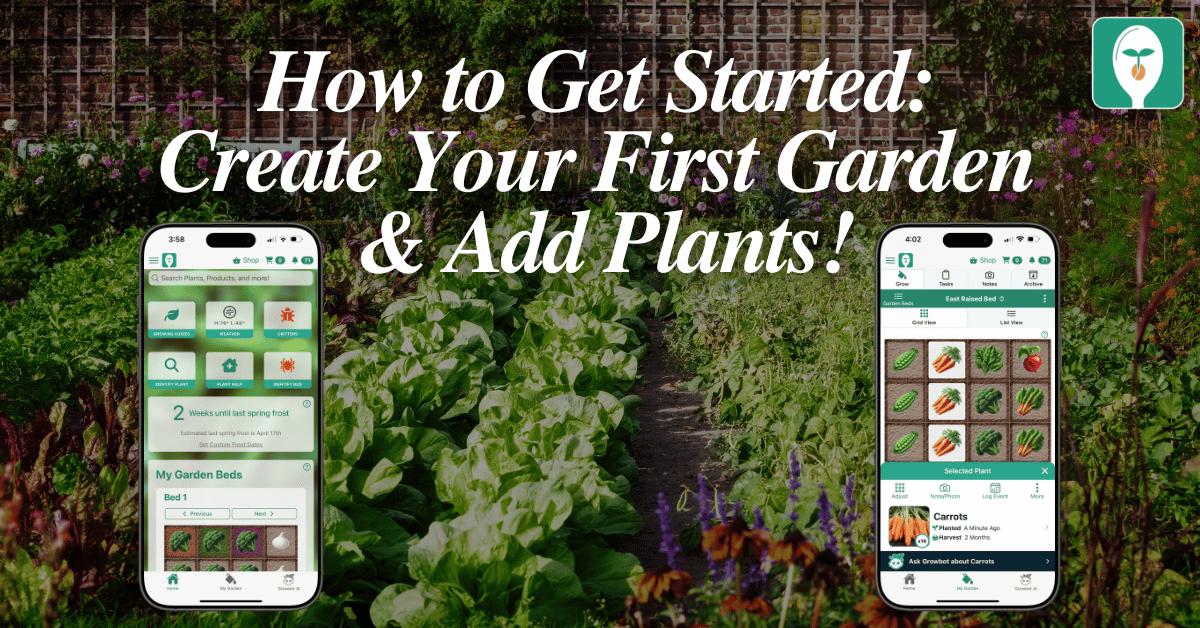Starting your own seeds indoors can be a fun and rewarding experience, but it can also come with its own set of challenges. One of the most common problems is what’s known as leggy seedlings. This occurs when your plants grow too tall and spindly in search of light. Lack of light is the main cause of this problem, and it’s essential to provide adequate light to prevent this from happening.
To prevent leggy seedlings, the first step is to get a grow light and place it as close as possible to your seedlings. This will ensure that they receive enough light to grow healthy and strong. Another tip to help prevent leggy seedlings is to use a fan to improve air circulation. This will help the plants build up strength and prevent them from growing too tall and spindly.
Watering is another critical aspect of preventing leggy seedlings. It’s important to water from below, so the roots can focus on developing and growing stronger. Depending on the type of plant, you can also plant your seedlings a bit deeper, with the weak part of the stem underground. This can help strengthen the plant and prevent it from growing too tall and spindly.
In conclusion, leggy seedlings can be a common problem when starting your own seeds indoors, but with a few simple tips and tricks, you can prevent them from happening. Remember to provide adequate light, use a fan to improve air circulation, and water from below to promote root development. With the right care and attention, you can grow strong and healthy plants every time.
Don’t forget to download the From Seed to Spoon app to get expert tips and advice on starting your own seeds and growing your own garden. With the app’s help, you’ll be well on your way to a thriving and productive garden in no time!
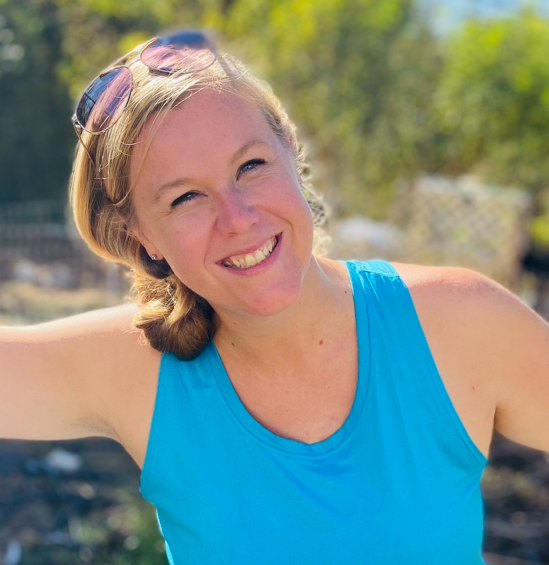
Carrie Spoonemore, co-founder of “From Seed to Spoon,” stands as a beacon of inspiration for gardeners and health enthusiasts alike. Her journey alongside her husband, Dale Spoonemore, in creating a platform that demystifies gardening and promotes a healthier lifestyle, has made a significant impact on individuals around the globe. Through the “From Seed to Spoon” app, Carrie has dedicated herself to empowering people to take control of their health and environment by growing their own food.
With a profound belief in the power of gardening to improve mental and physical health, Carrie’s contributions to the Seed to Spoon blog reflect her holistic approach to wellness. Her articles often focus on the nutritional benefits of homegrown fruits and vegetables, organic gardening practices, and the mental health benefits of spending time in nature. Carrie’s expertise in health science shines through in her detailed discussions on how specific plants can contribute to a balanced diet and overall well-being.
Carrie’s passion for gardening is deeply intertwined with her commitment to family and community wellness. She frequently shares personal stories of how gardening has brought her family closer together, offering practical tips for involving children in gardening activities and making it a fun, educational experience. Her writing encourages families to explore gardening as a means of spending quality time together while learning about nature and sustainability.
In addition to gardening advice, Carrie’s contributions to the blog include insights into the use of technology to enhance the gardening experience. She has played a crucial role in designing the “From Seed to Spoon” app to be user-friendly, ensuring that users of all ages and backgrounds can navigate the complexities of gardening with ease. Her vision for the app is not just as a gardening tool but as a vehicle for change, inspiring individuals to adopt a more sustainable lifestyle by growing their own food.
Carrie Spoonemore’s presence on the blog is marked by her compassionate approach to teaching and her unwavering belief in the transformative power of gardening. Her work continues to inspire a community of gardeners to pursue a healthier, more sustainable way of living, proving that with the right tools and knowledge, anyone can become a gardener and advocate for their health and the planet.
